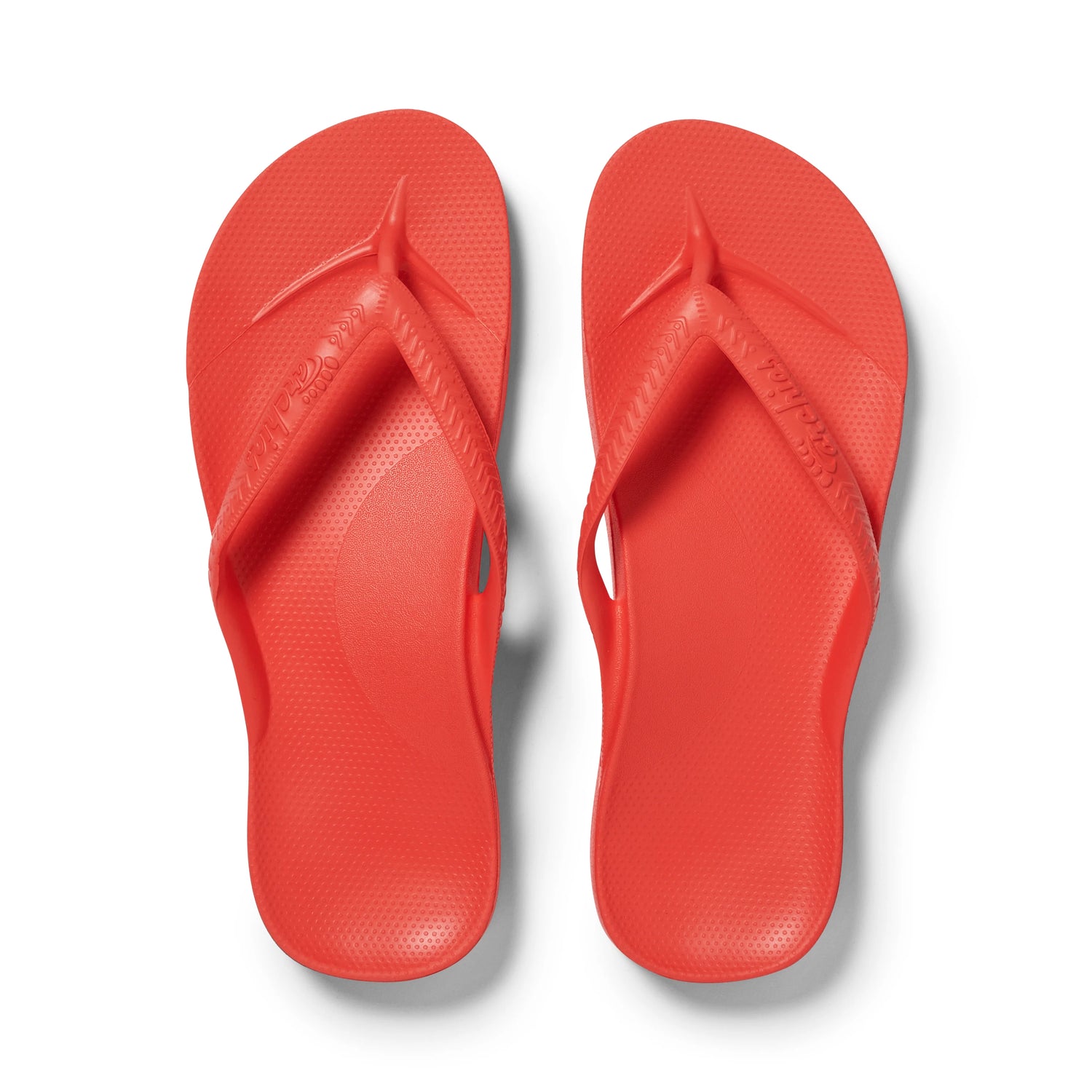Chikungunya

Chikungunya is a viral infection transmitted by the bite of infected mosquitos in endemic areas. It is common in tropical and subtropical parts of the world but outbreaks have been reported in parts of Europe, and other parts of the world. The mosquito feeds in the daytime hours. There is no specific treatment if the disease is contracted. In 2024 there were 112 reported cases in UK travellers, an increase of nearly one and a half times that reported in 2023.
Prevention
Vaccination is effective at preventing chikungunya.
Even if vaccinated still take precautions to reduce the chance of being bitten by mosquitos by:
- Cover exposed skin by wearing long sleeved shirts, trousers & socks
- Using a good insect repellent
- Use a mosquito net which is big enough to cover you without leaving any gaps
- The mosquito that causes dengue is mostly active during the day
Symptoms
Initial symptoms include:
- High temperature
- Severe joint and muscle pains
- Headache
- Sensitivity to light
- Rash
Most patients improve and symptoms resolve 1-2 weeks but up to 12% can go on to develop ongoing joint pains for months to years leading to long term disability.
Chikungunya Vaccination
Vaccine: Ixchiq
Schedule: Currently single dose, for those 18-59
Information
Current data suggests that 28 days after vaccination 98.9% of persons had antibodies following vaccination (seroresponse). This appears to have been maintained currently at 3 years at 96.6%, meaning booster doses are not currently recommended but this may change when more data is available. Ixchiq should not be used in the over 60s currently, or those who have a history of a thymus disorder or thymectomy. It is a live vaccine so can also not be given to anyone who is immunosuppressed.
Price:
£170 per dose
Vaccine: Vimkunya
Schedule: Currently single dose, for those 12 years and over
Information
Vimkunya is a virus-like particle vaccine. It can be given to anyone aged 12 and over. There are no safety concerns currently. Seroresponse rates to this vaccine are 98% after 22 days, but dropped to 86% at 6 months. In those over 65 the seroresponse rate was 87% at 22 days and 76% at 6 months.
Price:
tbc

